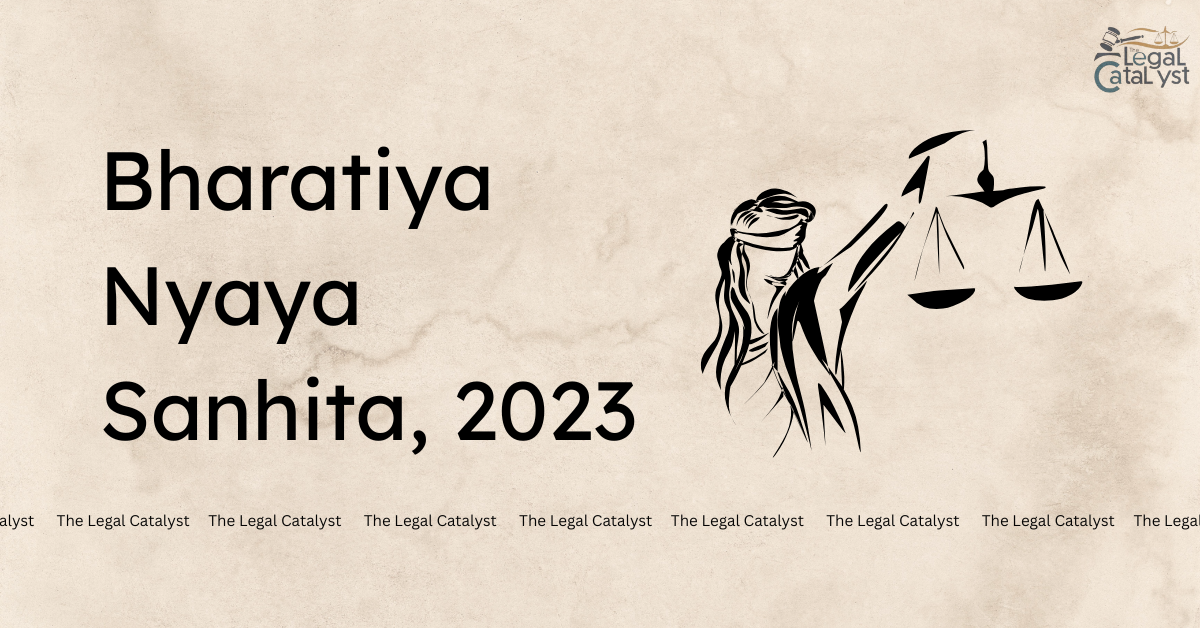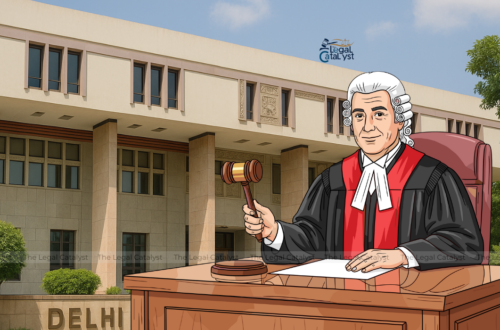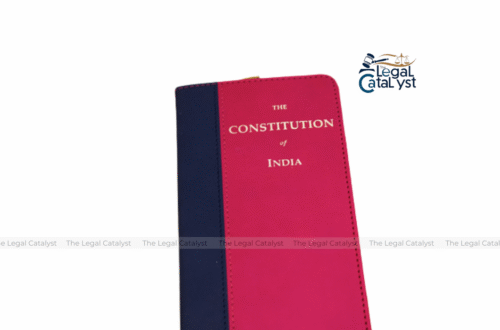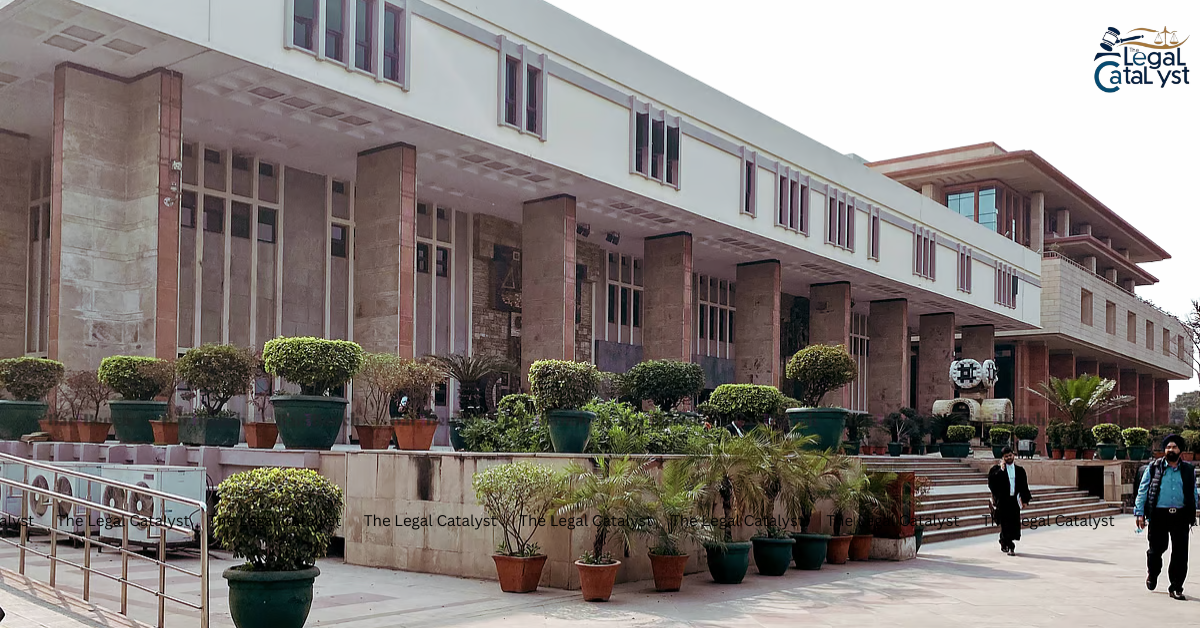The Delhi High Court on Wednesday refused to entertain a public interest litigation (PIL). The PIL challenged certain provisions of the Bharatiya Nyaya Sanhita (BNS). These provisions relate to offences against the State and public tranquility.
[Upendra Nath Dalai v. Union of India]
A Division Bench comprised of Chief Justice Devendra Kumar Upadhyaya and Justice Anish Dayal. They held that the petition is beyond the jurisdiction of the Court. The petition sought judicial directions to amend the BNS.
“Essentially the petitioner is asking the Court to give a direction to the Parliament for legislating an amending act of BNS. The prayers cannot be granted. We cannot give directions to the Lok Sabha,” the Bench observed.
Follow us on Instagram – X – LinkedIn
The Court emphasized that legislative matters fall squarely within the domain of Parliament. It is not within the powers of the judiciary to issue directions mandating legislative amendments.
“That is not our arena, that is not our realm. We cannot issue any direction to Parliament to come forth with an amending Act,” the Chief Justice added.
The petition was filed by Upendra Nath Dalai. He contended that the Bharatiya Nyaya Sanhita retains colonial-era provisions. These provisions allegedly infringe on democratic rights and civil liberties. Dalai specifically challenged the constitutionality of Chapter VII (Offences against the State) and Chapter XI (Offences against public tranquility). He asserted that these chapters violate the fundamental rights enshrined in Articles 14, 19, and 21 of the Constitution.
The petitioner claims that the continued enforcement of these provisions is risky. It could erode the basic structure of the Constitution. This structure upholds the principles of democracy and freedom of expression.
“Keeping these laws will erode the basic structure of the Constitution. As a result, the constitution based on the democratic state of India will be dissolved,” Dalai argued in the petition.
The Court dismissed the PIL. It reaffirmed that the power to amend or repeal legislation lies solely with the legislative branch of government.
Also Read
Kerala High Court Slams GST Authorities for Illegal Vehicle Confiscation via WhatsApp Notice
Delhi High Court Declines to Entertain Plea for Broader Public Access to CIC Hearings






